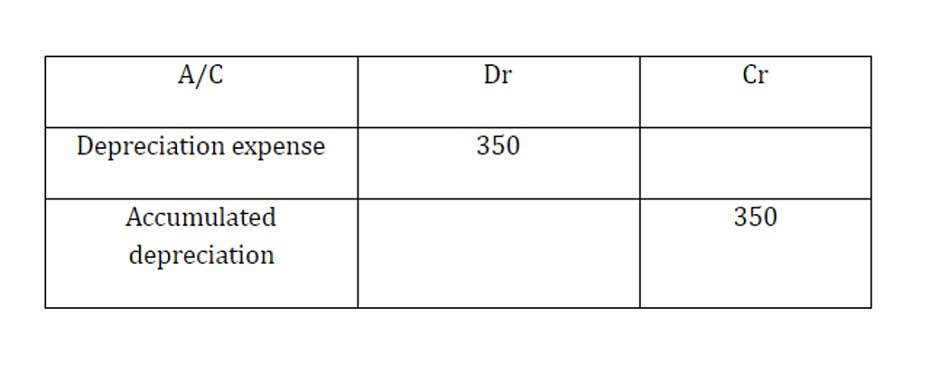
Navigating the federal tax season can feel like a daunting journey, but with the right… Comprehensive Payroll Tax Guide for Employers Understanding payroll taxes is essential for every business owner…. Essential Tax Automation Tools for Streamlined Business illinois state income tax Filing Navigating the complex landscape of business taxes… Glossary of Common Business Tax Terms Explained Navigating the world of business taxes can feel… Navigating the complexities of tax regulations is a fundamental responsibility for businesses.

Comprehensive Guide to Illinois Personal Tax: Rates, Filing & More
Illinois has a 1.95 percent effective property tax rate on owner-occupied housing Travel Agency Accounting value. These plans are designed to encourage long-term savings by providing tax advantages. Contributions made to these plans are typically pre-tax, meaning they are deducted from the employee’s gross income before taxes are calculated.

EITC Calculator: Boost Your Tax Savings Today
- Illinois offers tax credits and deductions to lower taxable income or tax liability.
- Consider strategies such as tax-loss harvesting or holding investments for longer periods to potentially reduce the impact of capital gains tax.
- Understanding how property taxes are assessed and how to potentially reduce them is essential.
- Sales and property taxes in Illinois are among the highest in the nation.
- For the tax year 2025, these adjustments ensure that the credit remains aligned with the current economic conditions, providing targeted support to eligible taxpayers.
- Contributions made to these plans are typically pre-tax, meaning they are deducted from the employee’s gross income before taxes are calculated.
Understanding this rate is crucial for accurate tax planning and filing. Self-employed individuals must calculate net earnings by deducting eligible business expenses from gross income. Additionally, self-employed taxpayers are responsible for quarterly estimated tax payments, as Illinois does not withhold taxes from this income. Missing these payments can lead to penalties and interest, making proactive planning essential.
Foster Care Taxes: Are Payments Taxable?
- Tax extensions are becoming increasingly popular in the United States, for both individuals and businesses….
- You can save time and money by electronically filing your Illinois income tax directly with the .
- Specific documentation, such as W-2s for employment income or 1099-NECs for freelance work, is required to ensure compliance.
- Input your income, deductions, credits, and filing status into the calculator to receive an estimate of your Illinois state tax.
- While this system offers simplicity and predictability, it does not provide the progressive taxation found in other states.
Those with multiple income streams or business interests in different parts of the state should be aware of these additional levies. A student, you are not exempt from tax nor are there special residency provisions for you. However, income, such as certain scholarships or fellowships, that is not taxable under federal income tax law, is also not taxed by Illinois. If your employer in any of these states withheld that state’s tax from your compensation, you may file the correct form with that state to claim a refund.

Sales Taxes
In addition, Illinois has what is called an exemption allowance, which is a set amount that most people who earned a paycheck can knock off their taxable income. The exemption for tax year 2024 is a maximum of $5,550 for married couples filing jointly ($2,775 for single filers). Unlike the federal government and many https://www.bookstime.com/ other states, Illinois does not have tax brackets that impose higher rates on people who earn more. A reduced rate of 1 percent applies to qualifying food, drug and medical appliances. Our calculator uses up-to-date tax rates and formulas specific to Illinois to provide accurate estimates. However, individual circumstances may vary, and the calculator should be used as a guide rather than for exact tax planning.

A six-month extension is available, but taxes owed must still be paid by the original deadline to avoid interest. Taxable income in Illinois is calculated using the federal adjusted gross income (AGI) from the federal tax return, with state-specific adjustments to determine Illinois base income. Adjustments include additions like interest from other states’ municipal bonds and subtractions such as federally taxed Social Security benefits and retirement income.
IRS Form 4868: How to fill out the tax extension form?
- However, income, such as certain scholarships or fellowships, that is not taxable under federal income tax law, is also not taxed by Illinois.
- Estate Tax, Death Tax and Inheritance Tax Explained Understanding the intricacies of estate tax, death…
- Different counties and cities may have additional tax rates that apply to residents and businesses within their boundaries.
- Illinois has $13,094 in state and local debt per capita and has a 51 percent funded ratio of public pension plans.
Unlike progressive tax structures, this system applies the same rate to all taxable income. This means that no matter how much money you make, you pay that same rate. Sales and property taxes in Illinois are among the highest in the nation. This calculator provides estimates based on current tax rates and standard deductions for Illinois.
- This structure means that whether you earn a modest salary or a substantial income, the same tax rate applies.
- Income from wages, self-employment, rental properties, investments, and gambling winnings must be disclosed.
- Illinois might not be the first state that comes to mind when you think of high taxes, but it ranks near the top in several areas.
- Illinois offers payment plans that allow you to pay in installments over time.
Married Filing Jointly vs Separately: Choosing the Best Tax Option
If you are self-employed or have income that is not subject to withholding, you may need to make estimated tax payments quarterly. This helps to spread out your tax liability throughout the year and avoid a large payment due at tax time. Filing jointly often provides advantages like higher income thresholds for credits and deductions, potentially lowering tax liability. Filing separately may be beneficial if one spouse has significant medical expenses or other deductions.
